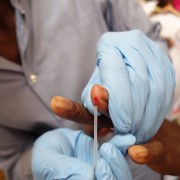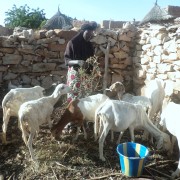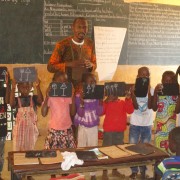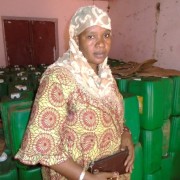Speeches Shim

Segala health center is located 60km from the town of Kayes in Western Mali, with an estimated 4,781 children between the ages of three months and five years. As the rest of the country, this health area zone has a high incidence of severe malaria in children during the raining season,

In Mopti region in the center of Mali, women play a very important role in terms of food and nutrition security. With the little income they get from gardening, cattle breeding, or poultry sales, women contribute to supporting the primary needs of households. However, most of the women living in rural areas are illiterate, which negatively impacts the development of their daily income-generating activities.

In Moribabougou, a suburb of Bamako, many parents of students were unreceptive to teaching in national languages and using the balance literacy. Moreover, the educational innovations promoted by this literacy approach were not always appreciated or understood. This situation drove some parents to remove their children from Moribabougou Primary School when USAID’s Selective Integrated Reading Activity (SIRA) project was launched in February 2016. There were very few new enrollments. The situation was worsened by the lack of interest shown by some teachers in the area, who were set in their old beliefs. For example, they believed that a child could not master the alphabet before grade 3 or that it was necessary to memorize a text to be able to read it.

Rokia Haidara, an entrepreneur in Mali, knows all too well the challenges that women face in starting and running a business. She founded her own company in the city of Sikasso in 2008, and like other women business owners, realized that accessing credit was difficult. By 2016, Haidara was actively looking for a financial assistance for her company, which specializes in wholesale cereals such as rice, maize and millet, wheat flour and palm oil. Through a good friend, she heard about the Feed the Future Mali Finance for Food Security and Women Entrepreneurs (FFSWE) Program.

Comment
Make a general inquiry or suggest an improvement.